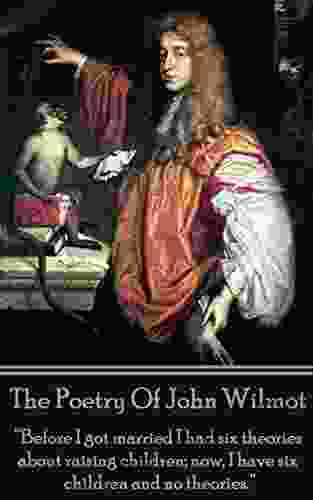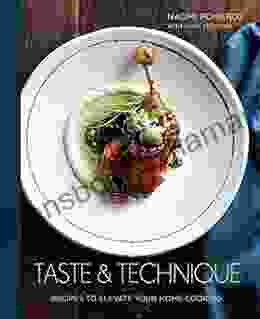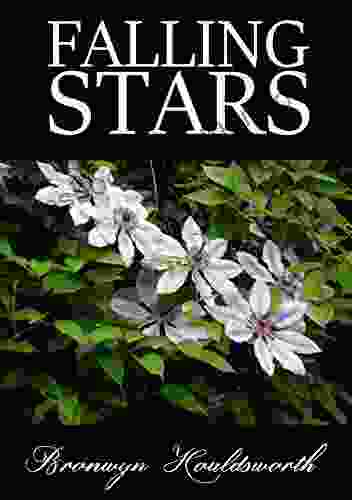Unveiling the Poetic Genius of John Wilmot: A Comprehensive Exploration of His Wit, Satire, and Subversive Verse

In the annals of English literature, John Wilmot, the infamous Earl of Rochester, stands as a towering figure, renowned for his rakish lifestyle and his brilliant, satirical verse. A master of wit, cynicism, and subversive humor, Wilmot's poetry provides a fascinating glimpse into the decadent world of the Restoration period.
5 out of 5
| Language | : | English |
| File size | : | 81 KB |
| Text-to-Speech | : | Enabled |
| Screen Reader | : | Supported |
| Enhanced typesetting | : | Enabled |
| Print length | : | 85 pages |
A Libertine Life
John Wilmot was born into a wealthy family in 1647. From an early age, he displayed a rebellious spirit and a voracious appetite for pleasure. As a young man, he became a member of the notorious "Merry Gang," a group of libertines who indulged in hedonistic pursuits. Wilmot's reputation for debauchery and excess grew rapidly, earning him the nickname "the mad Earl."
Despite his scandalous reputation, Wilmot was also a man of great intelligence and wit. He attended Wadham College, Oxford, where he excelled in his studies. His early poems, written in a conventional style, showed promise. However, it was not until he embraced satire that his poetic genius truly flourished.
Satirical Mastery
Wilmot's satirical verse is characterized by its sharp wit, its cynical outlook, and its frank portrayal of sexuality. He lampooned everything from courtly hypocrisy to female vanity, and his targets included the king, the clergy, and even his own friends. In his famous poem "A Satyr on Mankind," Wilmot declares that humans are "the vilest creatures in all creation," and he revels in exposing their flaws and vices.
Wilmot's satire is often misogynistic and misanthropic, but it is also a reflection of his own disillusionment with the world. He saw through the superficiality and corruption of courtly life and used his poetry to express his contempt for it. In his poem "The Imperfect Enjoyment," he writes:
The greatest pleasures we can have / Are but the gay delusions of a dream; / And all our joys does but deceive, / Like fairies' gold that turns to leaves.
Subversive Wit
In addition to his satire, Wilmot was also a master of subversive humor. He delighted in shocking his audience with his audacious poems, which often explored taboo subjects such as incest and homosexuality. In his poem "The Disabled Debauchee," he writes about a man who is impotent but still desires sexual pleasure:
I cannot do what you require, / But yet I'll do what I can; / For I can stroke your leg and thigh, / And tell you how I love the man.
Wilmot's subversive wit was a source of great amusement to his friends, but it also made him a target of criticism. He was accused of being immoral and blasphemous, and his poems were often banned from publication. However, Wilmot's work continued to circulate in manuscript form, and it has remained popular ever since.
A Lasting Legacy
John Wilmot died at the age of 33 from the effects of syphilis. Despite his short life, he left behind a body of work that has had a profound influence on English literature. His satirical verse was a precursor to the work of Alexander Pope and Jonathan Swift, and his subversive wit continues to be admired by poets to this day.
In his poem "Upon Nothing," Wilmot asks the question, "Can Nothing be a theme for wit?" His own poetry provides a resounding answer: yes, even the most trivial of subjects can be transformed into brilliant, thought-provoking verse. John Wilmot, the Earl of Rochester, was a true poetic genius, and his work continues to entertain, provoke, and inspire readers today.
Additional Resources
- The Poetry Foundation
- Encyclopædia Britannica
- John Wilmot, Earl of Rochester, and the Libertine Tradition
5 out of 5
| Language | : | English |
| File size | : | 81 KB |
| Text-to-Speech | : | Enabled |
| Screen Reader | : | Supported |
| Enhanced typesetting | : | Enabled |
| Print length | : | 85 pages |
Do you want to contribute by writing guest posts on this blog?
Please contact us and send us a resume of previous articles that you have written.
 Top Book
Top Book Novel
Novel Fiction
Fiction Nonfiction
Nonfiction Literature
Literature Paperback
Paperback Hardcover
Hardcover E-book
E-book Audiobook
Audiobook Bestseller
Bestseller Classic
Classic Mystery
Mystery Thriller
Thriller Romance
Romance Fantasy
Fantasy Science Fiction
Science Fiction Biography
Biography Memoir
Memoir Autobiography
Autobiography Poetry
Poetry Drama
Drama Historical Fiction
Historical Fiction Self-help
Self-help Young Adult
Young Adult Childrens Books
Childrens Books Graphic Novel
Graphic Novel Anthology
Anthology Series
Series Encyclopedia
Encyclopedia Reference
Reference Guidebook
Guidebook Textbook
Textbook Workbook
Workbook Journal
Journal Diary
Diary Manuscript
Manuscript Folio
Folio Pulp Fiction
Pulp Fiction Short Stories
Short Stories Fairy Tales
Fairy Tales Fables
Fables Mythology
Mythology Philosophy
Philosophy Religion
Religion Spirituality
Spirituality Essays
Essays Critique
Critique Commentary
Commentary Glossary
Glossary Bibliography
Bibliography Index
Index Table of Contents
Table of Contents Preface
Preface Introduction
Introduction Foreword
Foreword Afterword
Afterword Appendices
Appendices Annotations
Annotations Footnotes
Footnotes Epilogue
Epilogue Prologue
Prologue Patrick Henry
Patrick Henry Joanne Entwistle
Joanne Entwistle L C Tyler
L C Tyler Richie Mccaffery
Richie Mccaffery Izzy Williams
Izzy Williams James B Cohoon
James B Cohoon Thiruvalluvar
Thiruvalluvar Fran Sierra
Fran Sierra Mo Willan
Mo Willan Jessica Johnson
Jessica Johnson Wilkie Martin
Wilkie Martin Andy Husbands
Andy Husbands Ketogenic Endurance
Ketogenic Endurance Craig Seidelson
Craig Seidelson Peter Hathaway Capstick
Peter Hathaway Capstick Hallie Ephron
Hallie Ephron Marian Small
Marian Small Dayna Lorentz
Dayna Lorentz Shannon Hale
Shannon Hale Jessica Fern
Jessica Fern
Light bulbAdvertise smarter! Our strategic ad space ensures maximum exposure. Reserve your spot today!
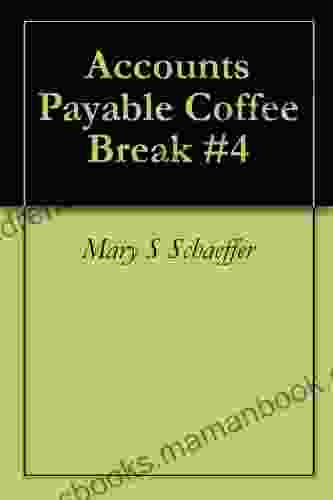
 Thomas PynchonAccounts Payable Coffee Break with Mary Schaeffer: Unlocking AP Automation...
Thomas PynchonAccounts Payable Coffee Break with Mary Schaeffer: Unlocking AP Automation...
 Douglas PowellQuick Easy Chord Melody Strumming Arrangements For Solo Ukulele Strum It Pick
Douglas PowellQuick Easy Chord Melody Strumming Arrangements For Solo Ukulele Strum It Pick John GreenFollow ·3k
John GreenFollow ·3k Bill GrantFollow ·5.1k
Bill GrantFollow ·5.1k Jacques BellFollow ·18.7k
Jacques BellFollow ·18.7k Tony CarterFollow ·3.8k
Tony CarterFollow ·3.8k Chandler WardFollow ·4.5k
Chandler WardFollow ·4.5k Ivan CoxFollow ·7.8k
Ivan CoxFollow ·7.8k Philip BellFollow ·13.4k
Philip BellFollow ·13.4k Jack PowellFollow ·18.5k
Jack PowellFollow ·18.5k

 Tom Clancy
Tom ClancyReading Wellness: Lessons in Independence and Proficiency
Reading is a fundamental skill that can...
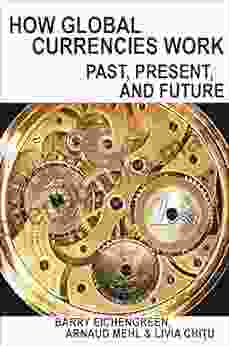
 Brody Powell
Brody PowellHow Global Currencies Work: A Comprehensive Guide to...
Overview of...
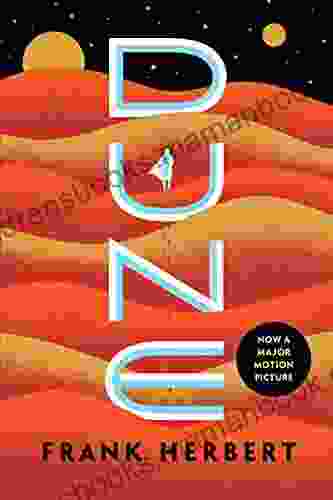
 Dwight Bell
Dwight BellDune by Frank Herbert: An Epic Space Opera That Explores...
Dune by Frank...
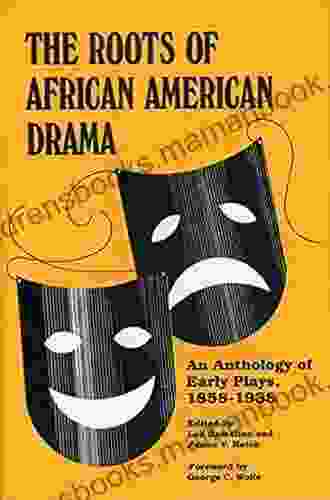
 Ronald Simmons
Ronald SimmonsAn Anthology of Early Plays (1858-1938): A Journey into...
: Uncovering...
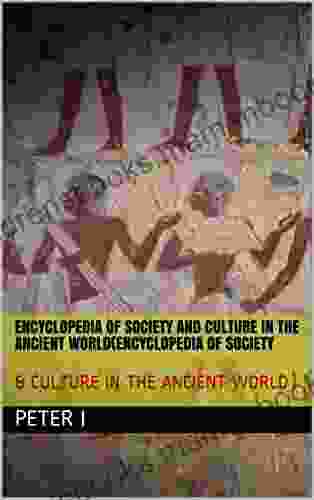
 Dominic Simmons
Dominic SimmonsCulture in the Ancient World: A Comprehensive Exploration...
Culture is a complex and multifaceted concept...
5 out of 5
| Language | : | English |
| File size | : | 81 KB |
| Text-to-Speech | : | Enabled |
| Screen Reader | : | Supported |
| Enhanced typesetting | : | Enabled |
| Print length | : | 85 pages |


